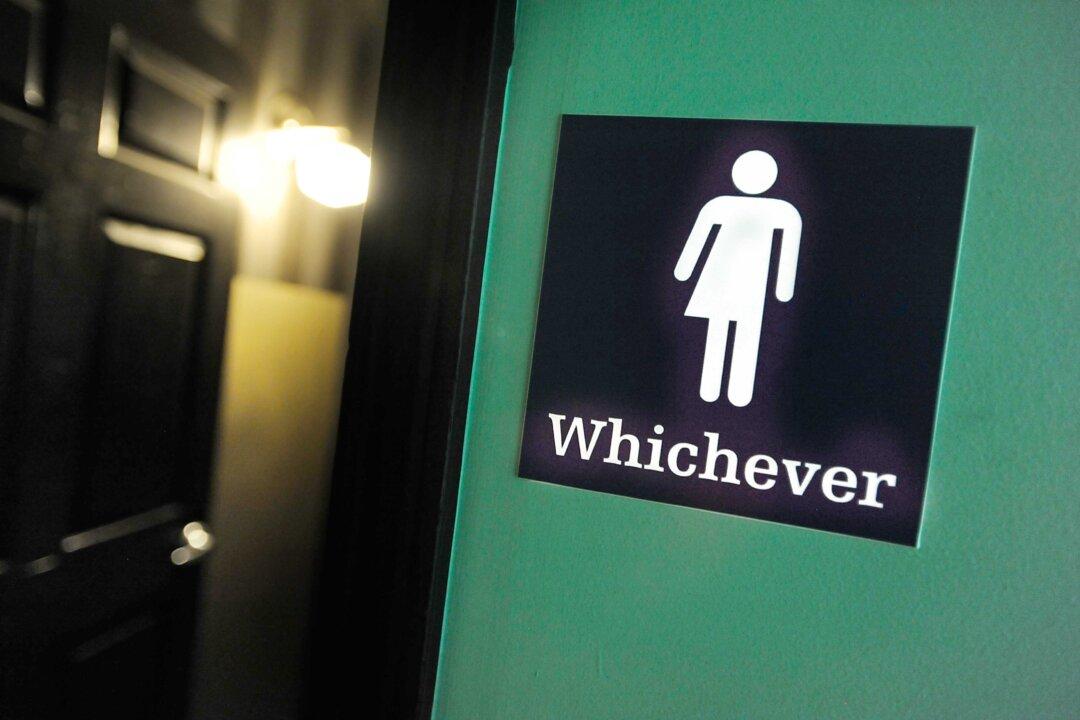Gender-fluid employees should be given multiple identity cards with different names at their place of work for inclusivity, the UK’s leading human resources (HR) body has said.
The Chartered Institute of Personnel Development (CIPD) also suggests “installing curtain rails in communal changing rooms” as an alternative to single-sex facilities.





